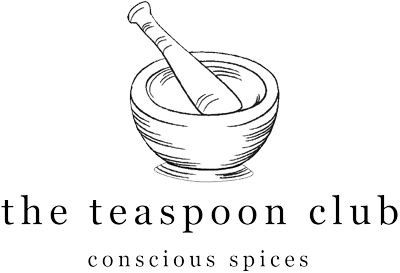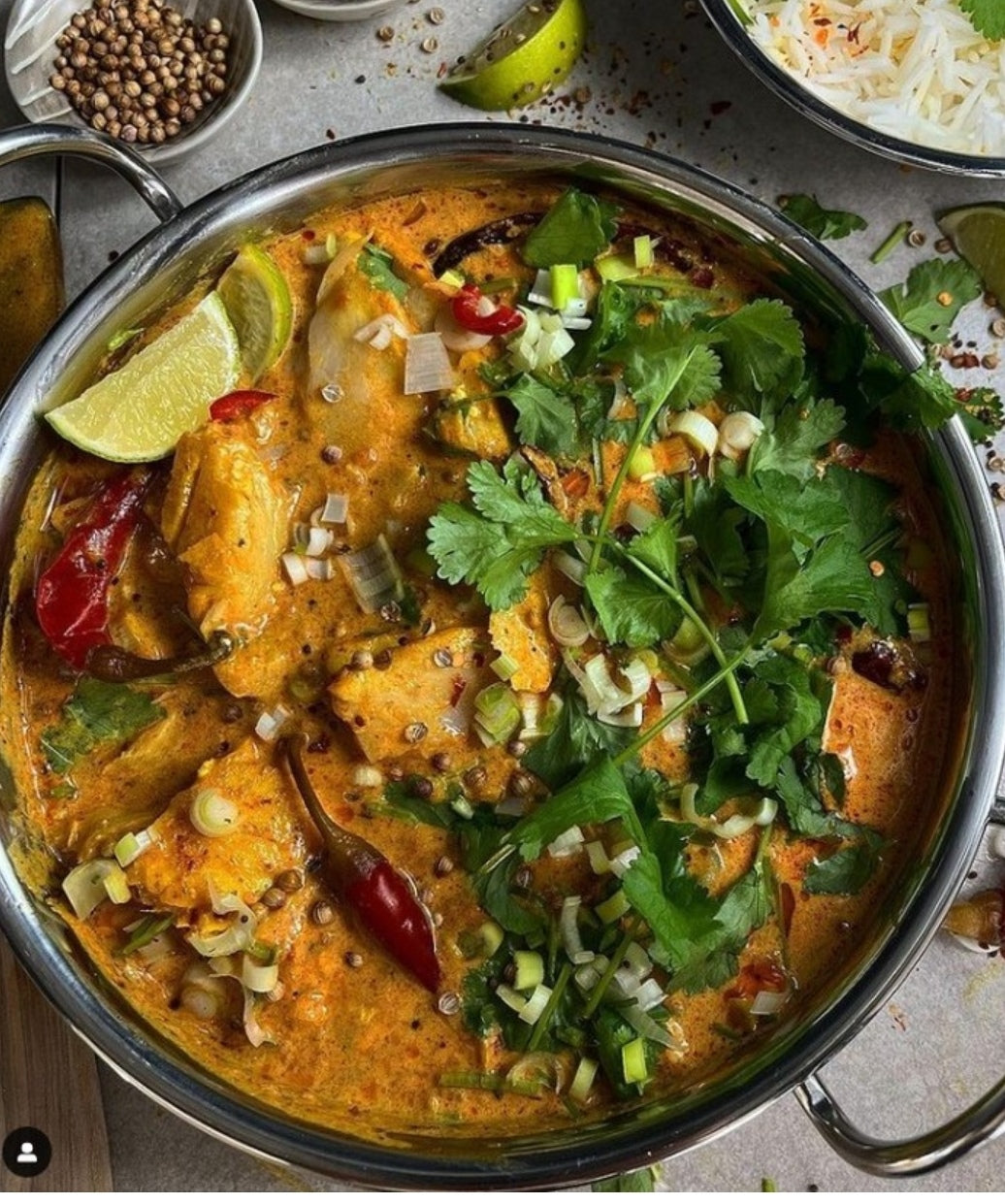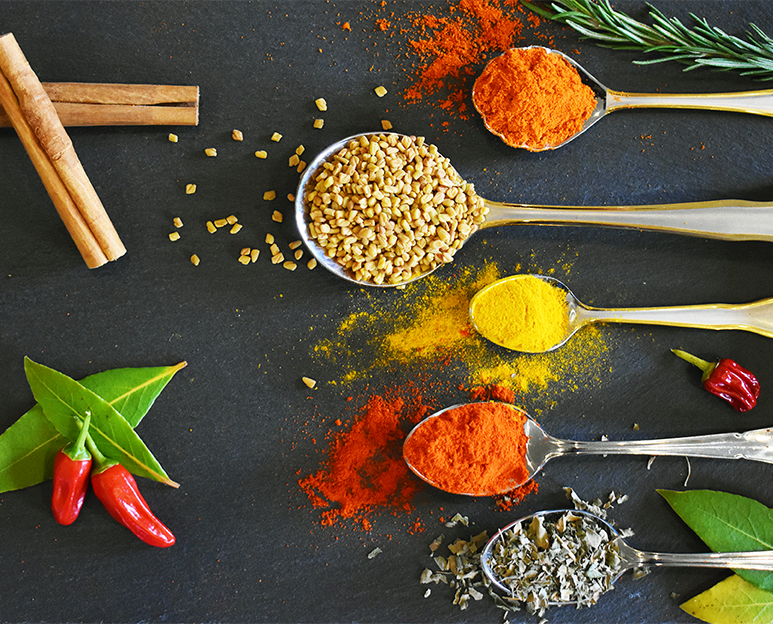Mulling season is upon us
Mulling wine dates way back the 2nd century, where Romans warmed wine in spices as the perfect pick-up for those cold winter nights. It remains hugely popular, but here we're covering the range of mulled drinks, plus their history, to get you feeling that winter buzz!
History of mulling
Mulling wine, like many great things, originated with the Romans in the 2nd century, who would heat wine to warm up during the winter months. Europeans started adding spices, with the view that they would promote good health.
By the 1890s, the big change came when 'Glögg'- a mulled wine drink developed in Sweden- began to be associated with Christmas. Before you knew it, the sensation was born.


Mulling spices
Mulling spices vary significantly depending on the recipe, but we've outlined a couple of staples here, plus their flavour profile.
Allspice berries are grown in tropical climates, and are dried unripe berries. They're extremely fragrant and will take your mulled wine to the next level.
The sweet woody scent of cinnamon really comes out when you break the bark, so don't be afraid to snap long sticks in two when it comes to mulling. It's a gentle, warming spice flavour, and it's a key component of any mulled wine recipe.


Whole cloves are the dried, brown, and unopened flowers of a plant belonging to the myrtle family. It is deep, fragrant, and sweet with an almost bitter after-taste, so be sure to use them sparingly! They pair brilliantly with apple, so make sure you have them to hand for your mulled cider recipes.
Whole nutmeg preserves the warm spicy aroma of ground nutmeg, but generally has a stronger taste. Grate a little into your mulling spices- the flavour will be very distinctive and a little goes a long way!


Star anise is wonderful both for it's beautiful appearance and delicious flavour. In its original form each star has a point and light brown seeds- a perfect garnish for any drink. It's generally sweet with a mild and fragrant licorice flavour, but can taste a little stronger in mulled cider- which is why our recipe for mulled cider calls for slightly less than our mulled wine.
Ground ginger has a pungent spicy smell which indicates its freshness. Its warm spicy bite is perfect in mulled wine (but not really necessary in mulled cider).
Get mulling- top tips
Our top tips for mulling really depend on what you're mulling, but here are a couple of the things we've learnt long the way...
Don't let it boil- you don't want your wine to reach boiling point, you always just want it simmering
Be ready to alter the sugar/sweetener levels depending on the wine you've chosen- if it's already a fairly sweet wine, you definitely won't need heaps of sugar
Make a syrup using the spices and a splash of wine first- a spiced syrup allows the spices to infuse deeply, which can then permeate throughout the entire wine once you add it in.
Try our kits
All our mulling kits come in drawstring pouches with printed recipe cards. Give them a try from the links below.




